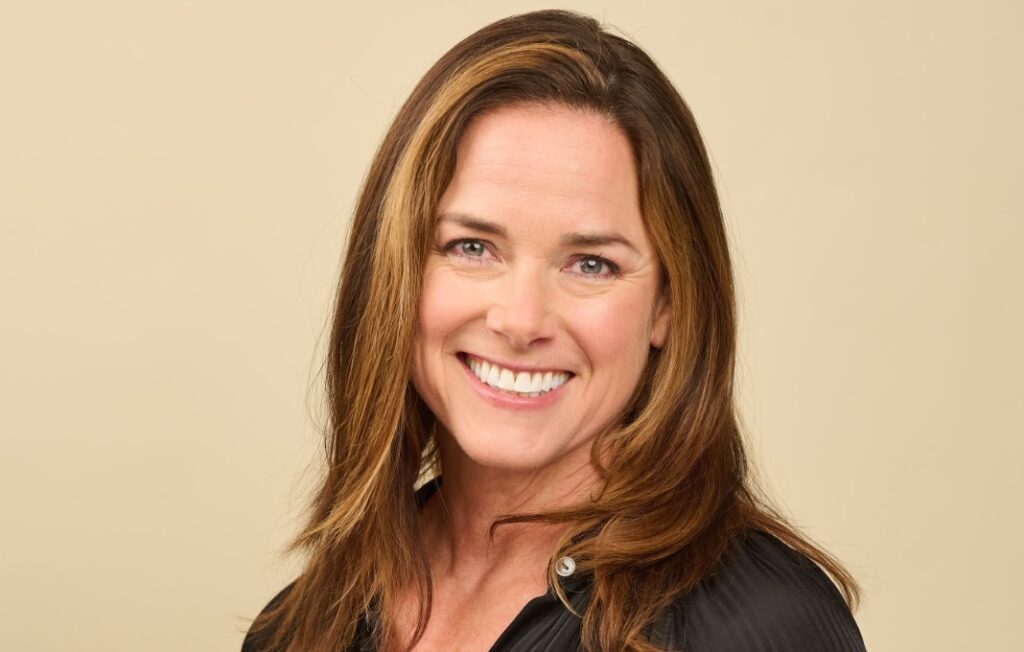The COVID-19 pandemic has shed light on the importance of employee well-being like never before, says HR veteran Lisa Dodman. The most important lesson? Listen to what your people say they need from your organization, and they’ll repay you with increased engagement, productivity—and staying power.
Dodman is Chief People Success Officer at Unit4, a software company based in London that designs and delivers enterprise software and ERP applications and related professional services for people in services organizations, with a focus on the professional services, education, public services and nonprofit sectors. The company’s U.S. office is in Chesterfield, Missouri.
Dodman spoke with StrategicCHRO360 about how Unit4 encourages its employees’ voices, its new wellness programs and what to expect from the workplace of the future.
How has the workplace culture at Unit4 been impacted by the pandemic?
At Unit4, our culture has always been based on the people experience. The past year and a half have even further confirmed that a healthy workplace needs to be focused on the people, especially during a life changing event like a global pandemic. We are not only focused on our people’s physical well-being, but also mental well-being.
The pandemic has also drastically changed the employer-employee relationship. Remote work means daily video calls that can sometimes bring personal challenges into the workplace. After all, your workplace may now be your kitchen table with kids plugged into online school sitting beside you. Showing this vulnerability and not compromising any aspect of your life has been so important and even strengthened our culture during this time. We’ve worked to empower our people to do what they needed to find a happier way of working.
What changes have you implemented over the past year and a half to focus on employee well-being?
Throughout the pandemic, we focused on several initiatives such as Fit4U, a health, mind and well-being program. This allowed our employees to exercise throughout the day with some friendly competition. We also launched Thrive, a mental health and well-being app. Along with ongoing wellness programs, we began Inspiration4U, a podcast series made by our people about our people.
How can other companies implement changes as some may return to the office or transition into a hybrid model?
The best way to implement impactful change is to listen to your people. At Unit4, we use an employee engagement tool to deliver weekly surveys to track employee engagement and the wants or needs of our people. From this, we found that our employees were yearning for more personal growth opportunities. We took that feedback and began the Learning Festival, a three-week event of personal and professional learning sessions. It went so well that we’ll be running it again later in the year and will be including our customers this time around.
Every company has the power to find changes that work for your employees by taking the time to listen to their priorities and needs. That may involve some employees wanting to head back into the office as soon as the doors open and others being more comfortable with a hybrid or fully remote position. Work with your people to help them create a successful environment.
In your opinion, what trends will impact the HR industry in the next five years?
Since I began my career in HR 25 years ago, so much has changed and even more so in the last year and a half. Mainly, the needs of employees have changed and will continue to do so. The speed of career changes moves very quickly, and HR professionals need to adapt to the younger generations’ preferences and needs when it comes to a career path.
Two other changes I see happening now that will continue in the near term are both a focus on well-being and enabling a blended approach to work environments. Overall, the industry must maintain a flexible state to accommodate what people need to be happy in their careers.








